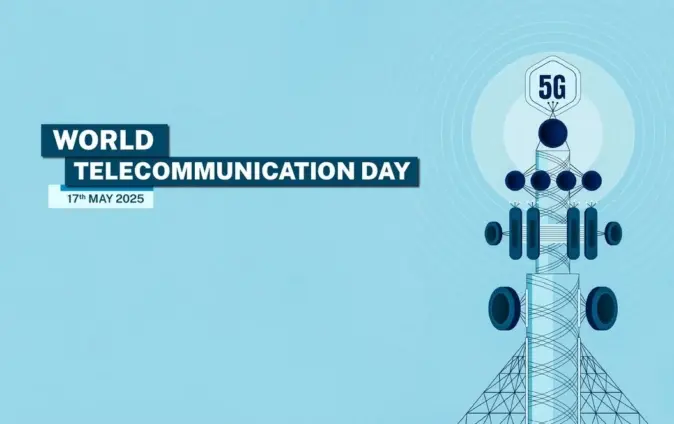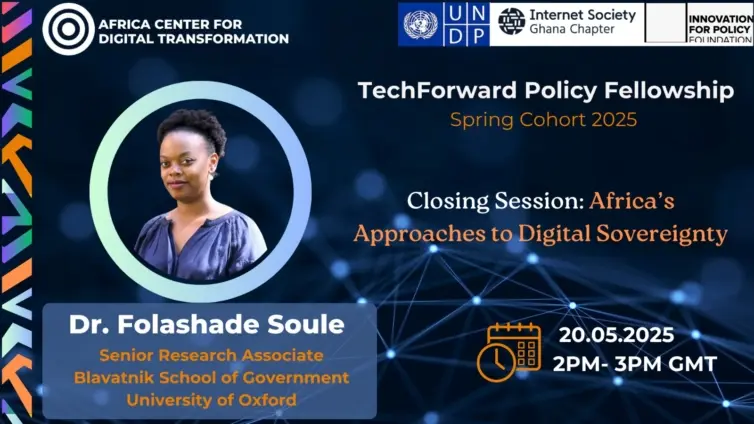The Cambridge Africa Business Conference buzzed with anticipation as Dr. Mahamudu Bawumia, Ghana’s Vice-President, stepped to the podium. Known for spearheading Ghana’s ambitious digitization drive, Dr. Bawumia presented a compelling vision of a digitally empowered Africa. He argued that Africa is not just participating in the global digital revolution, but has the potential to lead it. His central message: that Africa’s future hinges on embracing Africa digital transformation, not as an option, but as a fundamental necessity.
Dr. Bawumia’s address underscored the idea that the continent has the capacity to develop and implement its own innovative digital solutions, tailored to its unique context and challenges.
Bawumia’s Clarion Call: “Africa’s Time is Now”
Dr. Bawumia’s core message was one of empowerment. He asserted that Africa already possesses the essential ingredients for digital leadership, from a youthful, tech-savvy population to a burgeoning entrepreneurial spirit. What’s needed now, he emphasized, is unwavering commitment from leaders and robust support from institutions to unlock this potential. “Africa’s time is now,” Dr. Bawumia declared, igniting a sense of urgency and possibility in the room. His passionate delivery resonated deeply, particularly among the young African professionals and students in attendance.
He acknowledged the existing gaps in digital infrastructure and skills that hold back progress, but he framed these challenges as opportunities. He emphasized the critical role of policy reforms in creating an environment conducive to innovation. These reforms, he suggested, should prioritize investments in broadband connectivity, digital literacy programs, and regulatory frameworks that encourage rather than stifle technological advancement.
Ghana: A Digital Transformation Case Study
Dr. Bawumia presented Ghana as a compelling case study of what’s possible with focused leadership and strategic investment in digital technologies. He highlighted several key initiatives that have transformed governance, boosted economic growth, and improved the lives of ordinary citizens. These include the national digital property address system, which provides a unique digital address for every location in the country, enabling efficient delivery of services and facilitating e-commerce. The Ghana Card, a biometric national identity card, serves as a unique identifier for accessing public services and conducting business, streamlining processes and reducing fraud.
Another transformative initiative is the mobile money interoperability platform, which allows seamless transactions between different mobile money providers and bank accounts. This has revolutionized financial inclusion, bringing millions of previously unbanked Ghanaians into the formal financial system. According to Bawumia, these initiatives have not only improved government transparency and efficiency, but have also fostered greater public trust. “When the systems work, the people benefit,” Bawumia stated, underscoring the importance of effective digital governance.
The Imperative for Homegrown Digital Solutions
A central theme of Dr. Bawumia’s speech was the need for Africa to develop its own digital solutions, tailored to its specific needs and context. He cautioned against relying solely on imported systems that may not be appropriate or sustainable. “We cannot rely on imported systems that do not understand our unique challenges,” Bawumia emphasized. He argued that Africa must cultivate its own ecosystem of digital innovation, empowering local entrepreneurs and developers to create solutions that address the continent’s specific problems.
He highlighted Ghana’s commitment to supporting regional tech collaboration, fostering an environment where African startups can thrive and scale their solutions across the continent. Dr. Bawumia pointed to the growing number of successful African digital startups as evidence of the continent’s immense potential. These startups are developing innovative solutions in areas such as fintech, e-health, agriculture, and education, addressing critical challenges and creating new opportunities for economic growth and social development.
A Call to Action for Africa’s Digital Future
Dr. Bawumia’s address at the Cambridge Africa Business Conference resonated deeply with attendees. The message that Africa digital transformation is not just desirable but absolutely necessary for the continent’s progress was particularly well-received. The speech served as a catalyst for action, inspiring students, scholars, and professionals to become active participants in shaping Africa’s digital future.
While enthusiasm for Africa digital transformation is high, Dr. Bawumia acknowledged the obstacles that remain. These include inadequate digital infrastructure, a persistent digital skills gap, and regulatory frameworks that may not be conducive to innovation. Overcoming these challenges will require concerted effort from governments, the private sector, and civil society organizations. Investing in education and training programs to develop digital skills, creating regulatory sandboxes to foster innovation, and promoting public-private partnerships to expand digital infrastructure are all essential steps.
Dr. Bawumia’s address served as a powerful call to action, urging stakeholders across Africa to embrace Africa digital transformation as a means of unlocking the continent’s vast potential. His vision of a digitally empowered Africa, driven by homegrown solutions and fueled by innovation, offers a compelling roadmap for the continent’s future prosperity.
Image Source: MYJOYONLINE


















